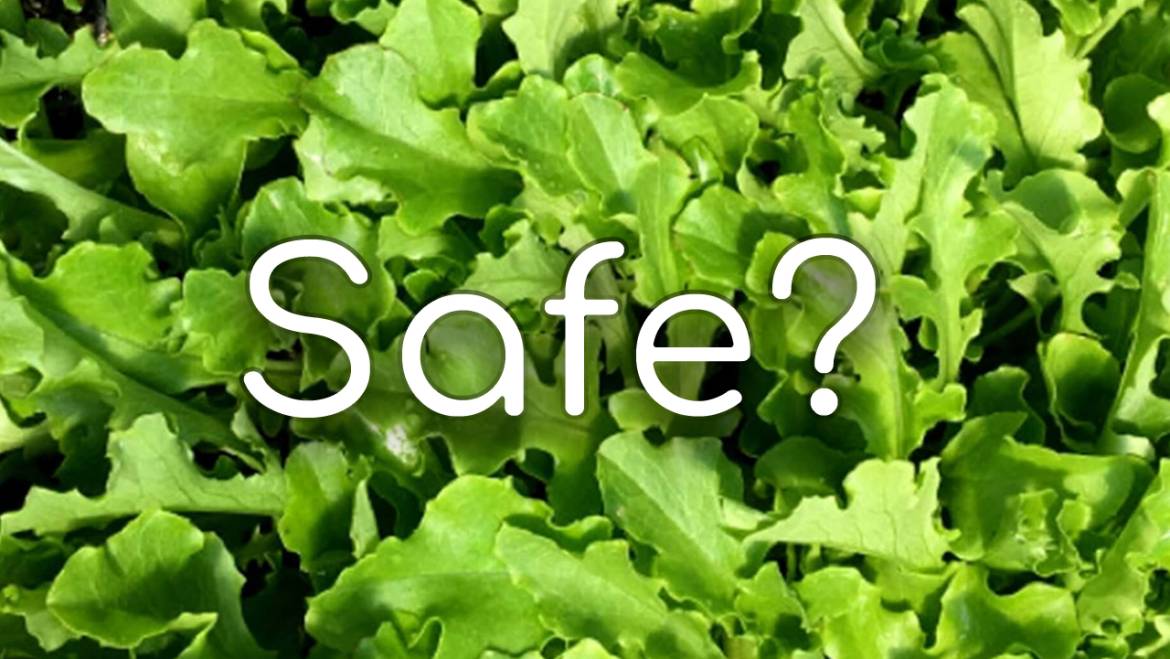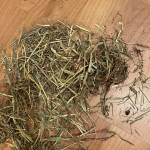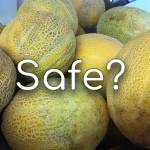Chinchillas are adorable, fluffy creatures that make great pets. They are herbivores, which means that their diet is entirely plant-based. As such, it is essential to ensure that their diet consists of healthy and safe food options. One of the questions that many chinchilla owners ask is whether they can feed their chinchillas lettuce. In this article, we will discuss everything you need to know about feeding lettuce to chinchillas.
The Nutritional Needs of Chinchillas
Before we discuss whether chinchillas can eat lettuce, it is important to understand the nutritional needs of chinchillas. Chinchillas require a high-fiber, low-fat diet that is rich in vitamins and minerals. Their diet should consist of hay, pellets, and fresh vegetables. It is essential to ensure that chinchillas receive the right balance of nutrients to maintain good health.
The Benefits of Feeding Vegetables to Chinchillas
Vegetables are an important part of a chinchilla’s diet. They provide essential nutrients, including vitamins, minerals, and fiber. Fresh vegetables can also help to keep chinchillas hydrated, as they have a high water content. Some vegetables that are safe for chinchillas include carrots, celery, kale, and spinach.
Can Chinchillas Eat Lettuce?
Lettuce is a popular vegetable that is commonly used in salads and sandwiches. While lettuce is safe for humans to eat, it may not be the best option for chinchillas. Lettuce contains a high water content, which means that it has a low nutritional value. Chinchillas require a diet that is high in fiber and low in fat, and lettuce does not meet these requirements.
Furthermore, lettuce contains lactucarium, which is a milky fluid that can cause diarrhea in chinchillas. This can be dangerous, as diarrhea can lead to dehydration and other health problems. While some chinchillas may be able to tolerate small amounts of lettuce, it is generally not recommended.
Safe Vegetables for Chinchillas
There are many vegetables that are safe for chinchillas to eat. These include:
- Carrots: Carrots are an excellent source of vitamin A, which is essential for maintaining good vision. They are also high in fiber and low in fat, making them a great addition to a chinchilla’s diet.
- Celery: Celery is a low-calorie vegetable that is high in fiber. It is also a good source of vitamins A and C, which are important for maintaining a healthy immune system.
- Kale: Kale is a nutrient-dense vegetable that is high in vitamins A, C, and K. It is also a good source of fiber and antioxidants, which can help to protect against disease.
- Spinach: Spinach is a leafy green vegetable that is high in vitamins A and C. It is also a good source of iron, which is essential for maintaining healthy blood cells.
Other vegetables that are safe for chinchillas include bell peppers, broccoli, and zucchini.
Feeding Vegetables to Chinchillas
When feeding vegetables to chinchillas, it is important to introduce them gradually. Chinchillas have sensitive digestive systems, and sudden changes in their diet can cause digestive upset. Start by offering small amounts of vegetables and gradually increase the portion size over time.
It is also important to wash vegetables thoroughly before feeding them to chinchillas. This helps to remove any pesticides or chemicals that may be present on the surface of the vegetables.
In addition to washing the vegetables, it is also essential to ensure that they are fresh. Spoiled vegetables can make chinchillas sick, so it is important to check for signs of spoilage before feeding them to your pet. Signs of spoilage include a slimy texture, a foul odor, or discoloration.
It is also important to note that not all vegetables are safe for chinchillas to eat. Some vegetables, such as onions, garlic, and potatoes, are toxic to chinchillas and should be avoided.
Pellets and Hay as the Main Diet
While vegetables are an important part of a chinchilla’s diet, it is important to remember that hay and pellets should make up the bulk of their diet. Hay provides the essential fiber that chinchillas need to maintain healthy digestion. It also helps to wear down their teeth, which continue to grow throughout their lives.
Pellets, on the other hand, provide the essential vitamins and minerals that chinchillas need to maintain good health. When choosing pellets for your chinchilla, look for high-quality pellets that are specifically formulated for chinchillas. Avoid pellets that contain nuts, seeds, or dried fruit, as these can be high in fat and sugar.
In conclusion, chinchillas can eat vegetables, but not all vegetables are safe for them to eat. Lettuce, in particular, is not recommended for chinchillas, as it contains a high water content and lactucarium, which can cause diarrhea. When feeding vegetables to chinchillas, it is important to introduce them gradually and to choose safe options, such as carrots, celery, kale, and spinach. It is also important to ensure that hay and pellets make up the bulk of their diet, as these provide the essential nutrients that chinchillas need to maintain good health. By following these guidelines, you can ensure that your chinchilla receives a healthy, balanced diet that will keep them happy and healthy for years to come.







